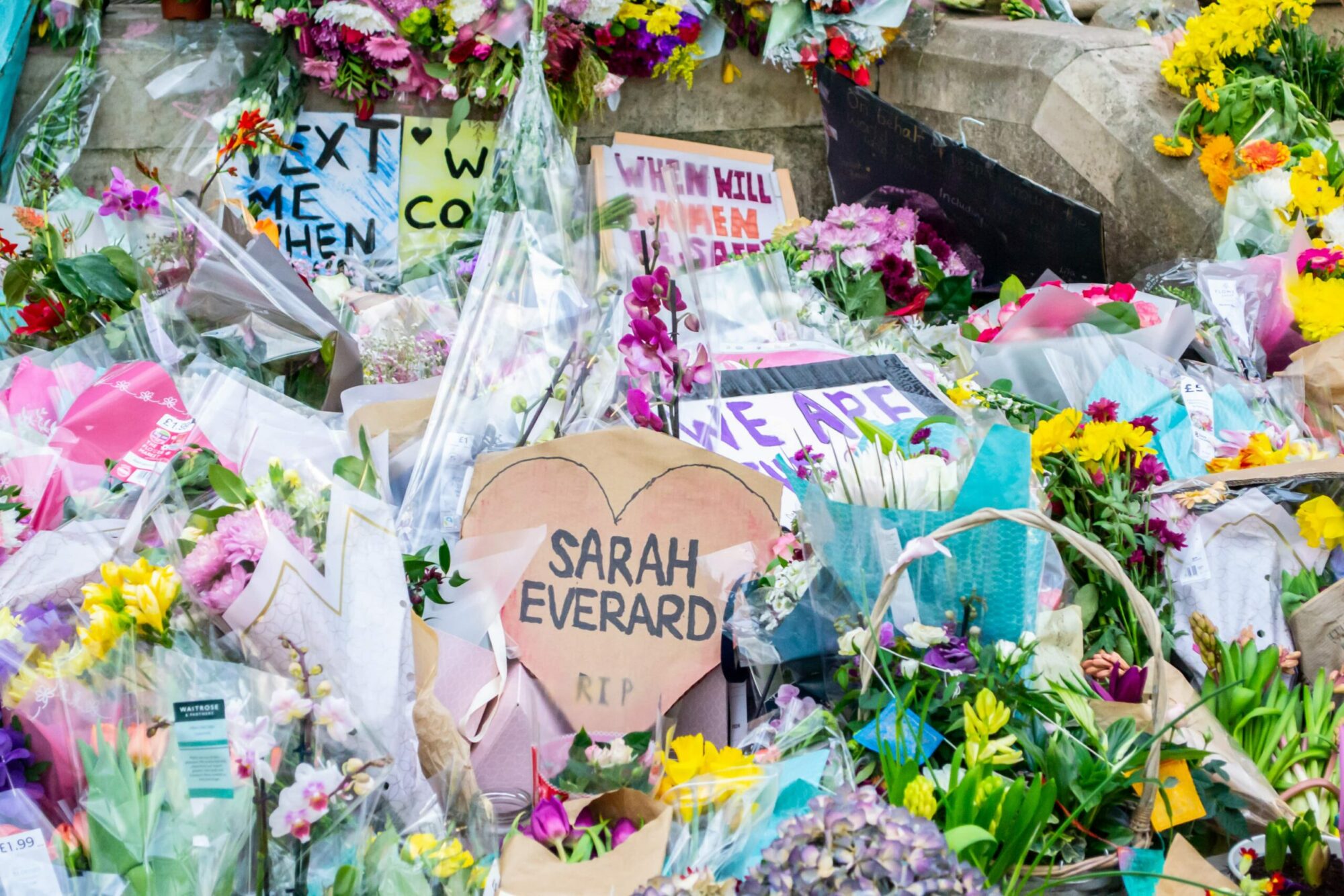We must do more for women in the NHS

A month on from the tragic death of Sarah Everard, Dr Aaniya Sherwani, Associate Product Manager at Patchwork Health, has spoken to women working across the NHS about their safety fears. Here, she explores how and why the health service must do more to ensure women, who account for 77% of the NHS workforce, feel safe at work.
One month ago, 33-year-old Sarah Everard was killed after she disappeared on her walk home in South London.
Her murder sent ripples of shock through the female community not only due to the horrific nature of the crime, but also because of the ordinary events that led her to this dreadful fate. Many of us can see ourselves in her; we do not know her – we will never know her – but we relate to her. For this reason, a collective pain surfaced as women everywhere opened up about their own accounts of harassment, fear or abuse – warning signs and calls for change for people to finally take notice. These events forced me to recall occasions during my own medical training where I myself have felt vulnerable.
As a medical student I remember being sent out alone to a stranger’s house during a home visit that was a mandatory part of my clinical education. I distinctly remember the feeling of unease as I knocked on the front-door of this stranger’s house, not knowing who I was visiting. This is just one example of how being a woman in healthcare made me feel exposed to danger.
When I have spoken openly about stories of when I have felt uneasy in front of male colleagues, I have been met with surprise. It is clear that the fear I have felt working in healthcare is unique to women; whether we like to admit it or not, there is more safety in being a man.
I decided to speak to fellow women in the NHS about their experiences. A clear yet disturbing pattern emerged. Women from a range of departments, specialisms and demographics spoke to me about seemingly ‘normal’ work related tasks that fill them with dread.
One colleague described feeling like a “guinea pig” during understaffed shifts as a mental health social worker, where she would be expected to be alone in clinics with male patients who had a known history of violence against women. The fear of what could happen would cloud her ability to focus on her clinical work.
Countless nurses have described feeling vulnerable walking to their cars in the dark after late shifts and reported feeling that “no one in the hospital was concerned for their safety outside of the hospital walls”. I received anecdotal stories from female pharmacists who spoke of their perceived ‘paranoia’ when they spoke up about feeling scared locking up the in-patient pharmacy in an empty hospital at night. The list goes on.
These are just a few scenarios where women in the NHS feel unsafe – there will be countless others – but what is evident is that healthcare employers must listen and do more to protect women in the NHS from potential danger.
While they work to keep us healthy, more can be done to keep our healthcare workers safe
The need for safety and security are amongst our most basic primal necessities. If we cannot create an environment in which women feel safe, we have failed as a society. Healthcare workers are people with the same core needs. 77 per cent of the NHS workforce are women. As employers, as colleagues, as fellow human beings, how many near misses are we enabling? How many windows of opportunity, big or small, are left open exposing women to harm?
Far too much is left to chance, the correct processes are not in place to protect women. Let us not make the mistake of only acting when it’s too late – we must be proactive if we want to protect women at work.
“Be the change you wish to see in the world”
In times like this, it is far too easy to simply move on, to ignore the flaws in our systems that enable fear to keep a tight clutch on our women. The disappearance of Sarah Everard shook many people awake from our slumber of complacency. If you’re reading this article today, you share this responsibility with me to initiate change in your workplace and community.
We each have a role to play. At Patchwork we are building solutions to enable flexible working patterns to truly transform the healthcare landscape. To achieve this mission, we know it is important to both recognise and address the additional challenges faced by our female healthcare staff and ensure that we aren’t unthinkingly building biases or blind spots into our services. We want to understand the concerns of all of our workers so we can build features and processes to eliminate safety concerns.
We need to ensure the needs, priorities and fears of those working in the health service are acknowledged and responded to. If not, they won’t be able to do the job they’re there to do – provide the best possible care to patients.